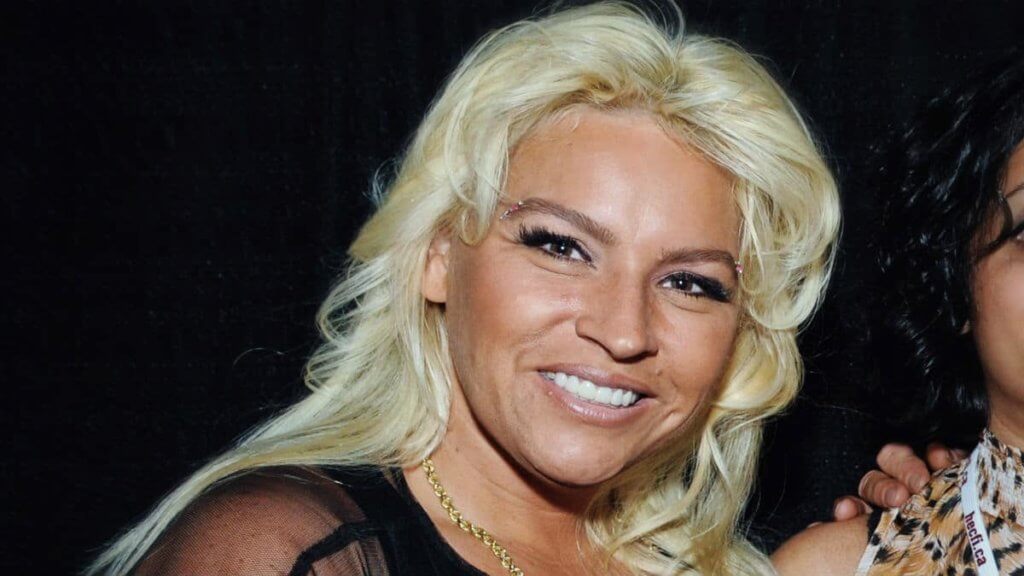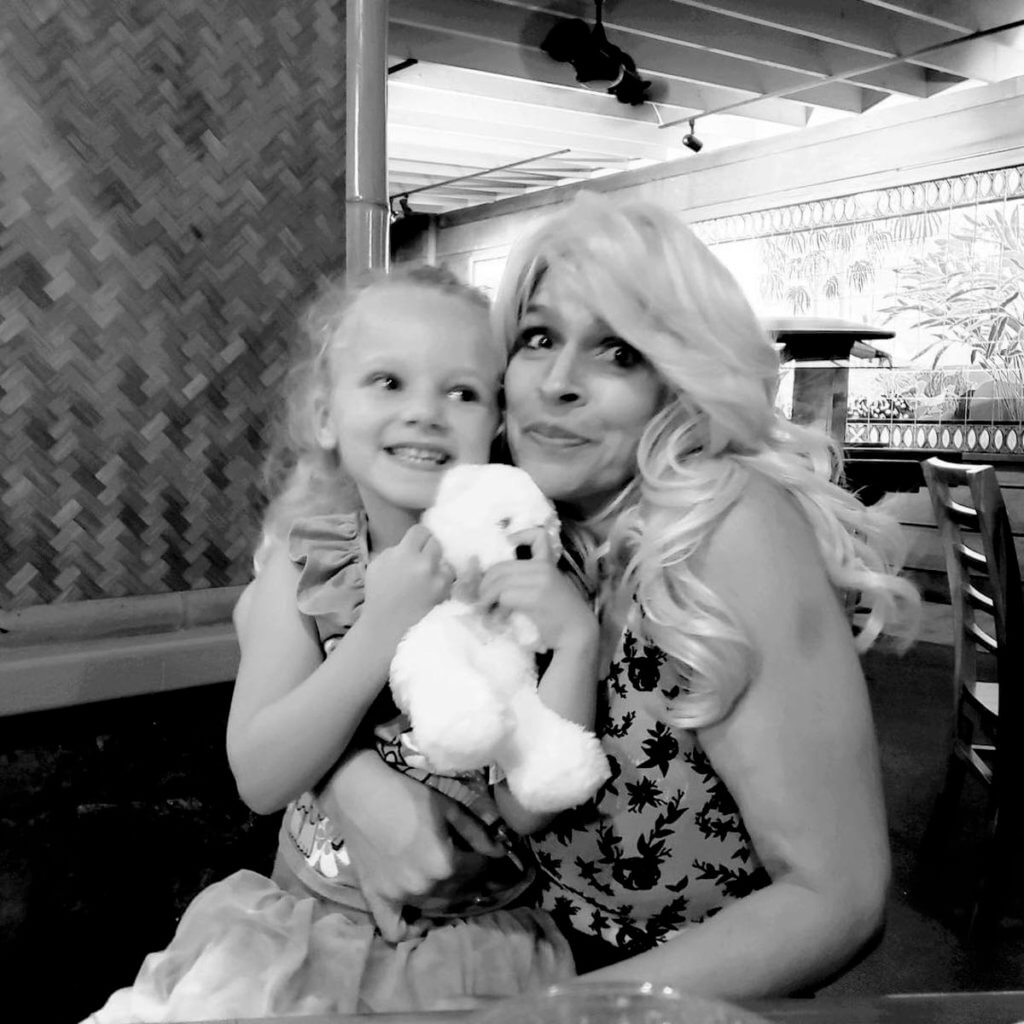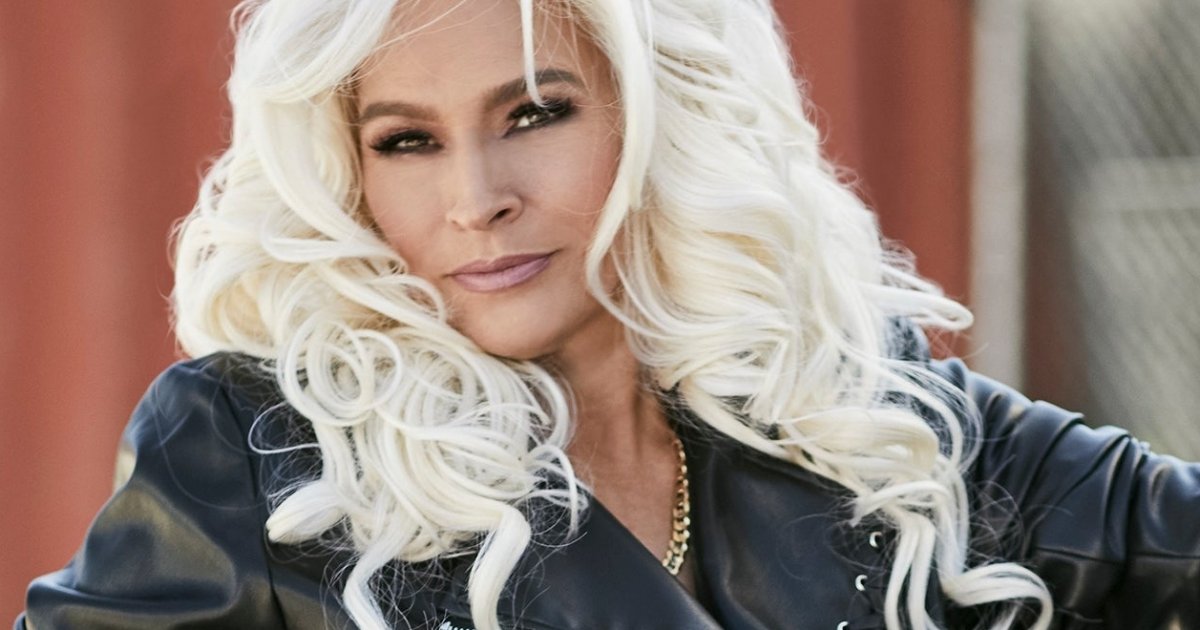In a time as difficult as cancer the rawness of human response can sometimes make things extraordinarily difficult. That’s why emergency medical personnel made the decision to put Beth Chapman, 54, in a medically induced coma this weekend– to help her receive treatment without some of the physical or psychological reactions which may have been making it hard for doctors to help her.
After Chapman was transported by ambulance from her home in Honolulu to the nearby hospital ER, she was in a lot of pain and required oxygen, according to the website TMZ. While doctors tried to treat her, Beth began yanking out the lines that were supposed to give her fluids and medication, so Beth’s doctors decided to lightly sedate her.
Read More Beth was diagnosed with throat cancer several years ago and underwent successful surgery. But the cancer later returned and is apparently in other parts of her body. At an important address she gave this Mother’s Day at the Source Church in Bradenton, Florida, Beth told the assembled parishioners that this time, she would be foregoing chemotherapy.
Beth was diagnosed with throat cancer several years ago and underwent successful surgery. But the cancer later returned and is apparently in other parts of her body. At an important address she gave this Mother’s Day at the Source Church in Bradenton, Florida, Beth told the assembled parishioners that this time, she would be foregoing chemotherapy."Chemotherapy is not my bag," she said.
Beth said that instead of chemotherapy she would be leaning on her Christian faith and the Lord Jesus Christ. Beth is a devout Christian.
Choosing to forgo conventional treatment is an extremely difficult and personal decision. We don't know what, if any, alternative treatments Beth may have been pursuing for what’s been reported to now be Stage 4 lung cancer. Typically, the treatment for this stage of the disease can involve extensive chemotherapy or radiation, or targeted therapy if the patient has certain genetic mutation.
Precision medicine for lung cancer, or using more targeted treatment has been gaining momentum. This involves figuring out the biology and genetics of an individual’s cancer. Lung cancer treatment has come a long way in the past decade and there have been some remarkable discoveries.
Following Beth's address from the pulpit in Florida, many of her devoted supporters expressed concern that she was making a mistake in foregoing chemotherapy.
One supporter named Sara took to Instagram to beg Beth to reconsider. "Oh miss beautiful," she wrote. "The news is saying you have decided to stop chemo. Please rethink that. My husband's aunt done the same and then sadly regretted it after. And it was [too] late. Please please think this through 10000 percent."

Another Beth lover, who goes by the name ChrisannRN on Twitter, offered Beth prayers, as well as some medical advice. "So many options for chemo!!!" she wrote. "There's also immunotherapy. I'd be happy to share more with you if you'd like to DM. Thoughts and prayers are with you!!!"
Another supporter named John took to Twitter to emphasize the dangers of ignoring modern medicine. "Beth, I read you are choosing alternative therapies for [your] illness instead of chemo/radiation. I hope this is just a rumor. If you turn your back on modern medicine and go this route I can assure you nothing good will come of it," he wrote.
And since her hospitalization, supporters have continued to pray for Beth on social media.
"My Continued prayers are with your precious Beth. Stay Strong . Beth is strong and is a fighter," wrote one of Beth’s followers.
"Lord please be with the Chapman family right now, I know you are doing the best you can, because this is your plan for them. Lift them up and and hug them all…Thank you Lord Jesus Amen," commented another.
Yet a third wrote, "Lord, hear all our prayers. Make a way dear Lord where there is no other way. Surround her and her family with a hedge of angels and let us all come together and pray for a miracle. In God's name, Amen."
Only last Thursday, Beth posted on Facebook a new promotional video for "Dog's Most Wanted", her new bounty hunter reality show with Dog, which showed Beth and her Dog in full form. Beth's many fans marveled on Facebook how vital and healthy she looked.
It's not clear when the promo was shot.
In recent weeks, Beth had also charmed fans with a makeup free and "morning hair" selfie, as well as going for a manicure with a noted nail artist in Hawaii and showing off her silvery, sparking nail bling.
Also over the last two weeks, Beth had laid low in her contretemps with her stepdaughter, Lyssa, whom Beth had accused of not acknowledging her on Mothers Day; of not inviting her and Dog to Dog's granddaughter Abbie's high school graduation; and of blocking Beth and Dog on social media.
(Lyssa denied the accusations and called Beth an attention seeking liar.)
Beth's fans had been concerned that Lyssa's behavior would distract Beth from a serene cancer journey and disrupt her recovery. Their concerns were heightened on Friday when Lyssa posted on Twitter some provocative bikini selfies and wrote an obscene comment that appeared to be directed at Beth. Lyssa has been silent on Twitter regarding Beth's hospitalization but the offending tweet has been taken down.
Information about dealing with fear and negative emotions during cancer
Anxiety and fear are totally normal reactions to the news of cancer, and acknowledging these emotions can be therapeutic and important to the healing process.
"I think the most important advice I would give to someone who has just received a cancer diagnosis is to find people whom they find as a source of support. To allow themselves to go through all of the different emotional reactions to that news," said Dr. Susan Parons, Director of the Center for Health Solutions/Center on Child and Family Outcomes at Tufts Medical Center, in a prior interview with SurvivorNet. Dr. Parsons did not comment on this case specifically.
"The anger, the frustration, the fear. The disappointment. Whatever those emotions are, figure out what's important to you and find those people that can help you realize that."
Dr. Susan Parons, Director of the Center for Health Solutions/Center on Child and Family Outcomes at Tufts Medical Center on dealing with fear and anxiety after a cancer diagnosis.
In times of frustration, it can be useful to a little bit of direction on specific ways to deal with it. A few of the most common ways to deal with fear and anxiety after a cancer diagnosis, that have helped people in the SurvivorNet community in the past, include:
1. Let your family and close friends know and let them help. So many cancer survivors tell us they want and need support but are often too preoccupied to make specific requests. Urge those close to you to jump in with whatever practical help they can offer.
2. Keep a journal. It can be extremely cathartic to let those feelings loose on paper. Grab a pen and a nice journal and chronical your different thoughts throughout the day.
3. Join a cancer support group. There are groups in nearly every community offering opportunities to connect with others going through a similar journey. You'll learn incredibly helpful insight from others who can tell you about what to expect and how to stay strong on tough days.
4. Consider seeing a therapist. Ask your doctor to refer you to a therapist so you can discuss your fears and concerns in a safe space. Often, vocalizing your thoughts and feelings rather than internalizing them can provide relief.
Stage Four Lung Cancer Treatment Options
Stage 4 lung cancer has, by definition, spread throughout the body. "Stage 4 lung cancer means that beyond the disease you can see in the chest and the bone and the liver and the brain, there is invariably invisible metastatic disease, and we don't know which of these spots is going to make you sick," said Dr. Oxnard, Thoracic Oncologist at Dana-Farber Cancer Institute, in a previous interview with SurvivorNet about stage four lung cancer.
Which is why doctors want to devise a plan to treat every part of a patient with stage four cancer. "Stage 4 means, treat the whole body visible and invisible spots," said Dr. Oxnard.
In order to do that, doctors have moved away from just chemotherapy, and begun targeting treatment to the behavior of an individual's disease, after learning about the biology of a patient's specific tumor. "The way we plan Stage 4 lung cancer today is using precision therapy. It's the idea of moving away from just chemotherapy for all into finding the right medicine for the right patient."
Dr. Geoffrey Oxnard, Thoracic Oncologist at Dana-Farber Cancer Institute gives an overview of information about treatment for stage four lung cancer
The field of late stage lung cancer treatment has changed a lot over the past decade. "10 years ago, all patients who presented with lung cancer ended up getting chemo, " Dr. Oxnard continued. "Today, about half of patients get chemo up front. But another quarter of patients can get a pill therapy upfront, which can effectively control the cancer."
And there are now some available immunotherapy drugs, which use the body's own immune system to attack the disease. "And a quarter of patients can get immune therapy upfront, which can effectively control the cancer, sometimes very durably," said Dr. Oxnard.
Learn more about SurvivorNet's rigorous medical review process.


